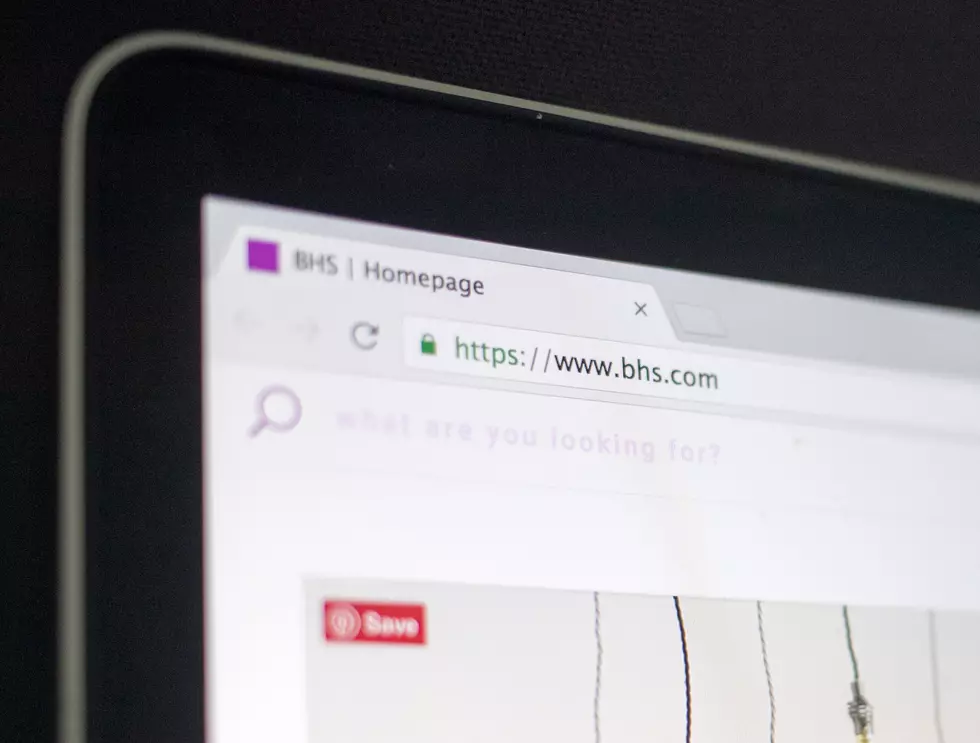
Beware Of Poison Websites
When you put information into Yahoo, Bing, Google, or whatever search engine you use, Pay attention to the websites that come up. Be careful what you click on when searching the Web; the international cybercrime community is coming for you.
That's the message from Internet security firm Blue Coat, which earlier this year found that poisoned search engine results remain the number one malware threat on the Web, accounting for a full 40 percent of all cyberattacks in 2011. The popular bait-and-switch tactic is nearly four times more likely to snag unsuspecting users than the once common email-based approach, which now only accounts for 11 percent of attacks. Social networking rounds out the top three threats with 6.5 percent.
The Blue Coat report was based on an analysis of the Web traffic of more than 75 million users.
"Searching is at least as dangerous as going into your email in-box and clicking on things," Chris Larsen, Blue Coat's chief malware expert, recently told USA Today.
The scam works like this: The bad guys set up themed "bait sites" using terms that are likely to show up in search engine results, as a way to trick users into visiting their sites. When the unsuspecting user clicks on a poisoned result in their search engine, thinking they are going to a legitimate site related to their search, they are served a site designed by the phishers to gather their financial information or get them to download a piece of malware or otherwise fall victim to whatever scam they are running. In many cases, users don't even know they have been victimized until it's too late.
More From KOOL 101.7







